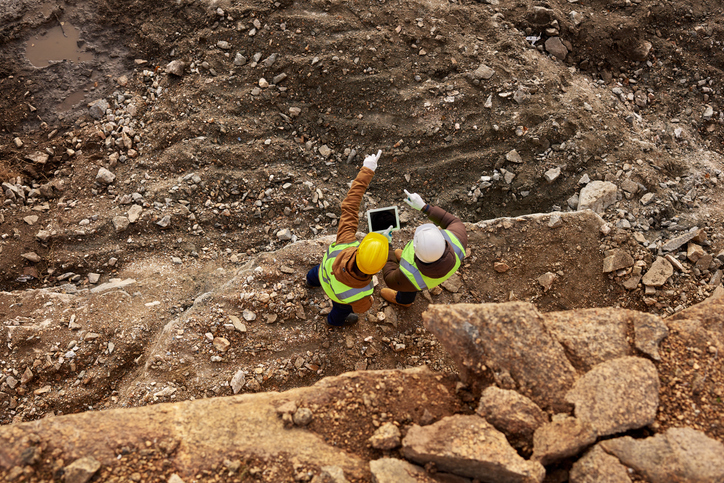What does the work of a field data collector consist of?
In the realm of research and discovery, scientists in laboratories and historians poring over ancient manuscripts make well-recognized contributions. However, Field Data Collectors play an equally vital yet often underappreciated role. These dedicated professionals form the foundation of data gathering, operating in diverse environments from deserts and forests to subterranean and aquatic settings. They meticulously collect critical data about various subjects, including people, locations, and objects, directly from the field. But what does their work involve?
The Core of Fieldwork Responsibilities
Gathering and recording data directly at the source defines a Field Data Collector’s work (not remotely). The work and data’s specific nature varies by industry and location. In archaeology or cultural resource management, this can involve mapping out ancient ruins, collecting artifacts carefully, or searching for signs of past human inhabitation. For environmental studies, collectors might sample soil, document endangered species’ presence, and test water. Field data collectors also work in industries ranging from construction to architectural history to insurance and hospitality.
Regardless of the industry, field data collectors strive to capture the most accurate picture of their study area’s current state, be it a centuries-old historical site, a vibrant ecosystem, or the planned location for new construction.
Analyzing and Sorting Data
Collecting interesting objects or taking samples is just part of the job. Field Data Collectors possess a critical eye for detail and are trained to follow strict protocols, ensuring the data’s reliability and validity. They sort through their findings, categorize items, map them to specific locations, and conduct preliminary analyses. This step is crucial for identifying further study needs.
Technical Skills and Reporting
Field Data Collectors are skilled in using various technological tools, including GPS devices for mapping, software for data capture and management, and specialized hand tools for environmental sampling. Compiling this data into reports forms an important part of their job. These reports are vital as they lay the groundwork for further research and analysis by scientists and historians, often serving as the basis for government agency compliance processes.
